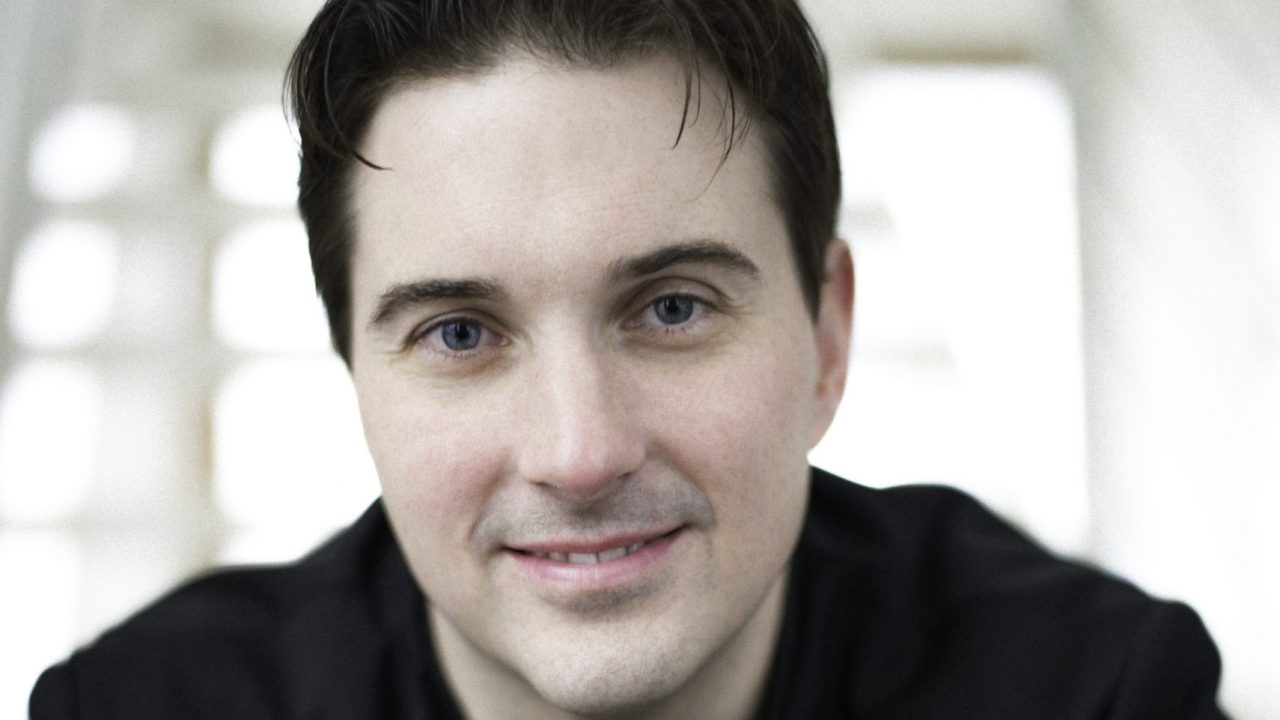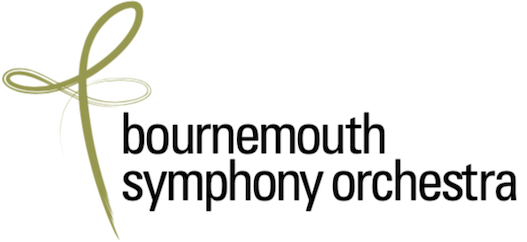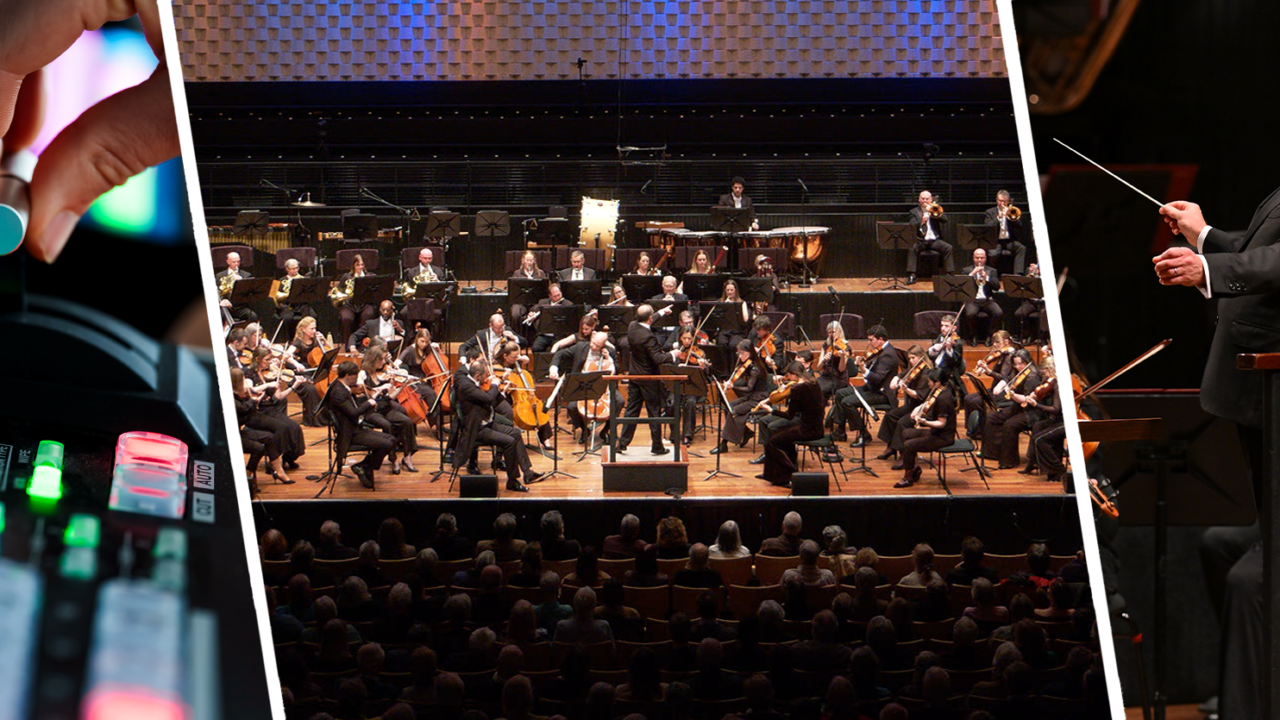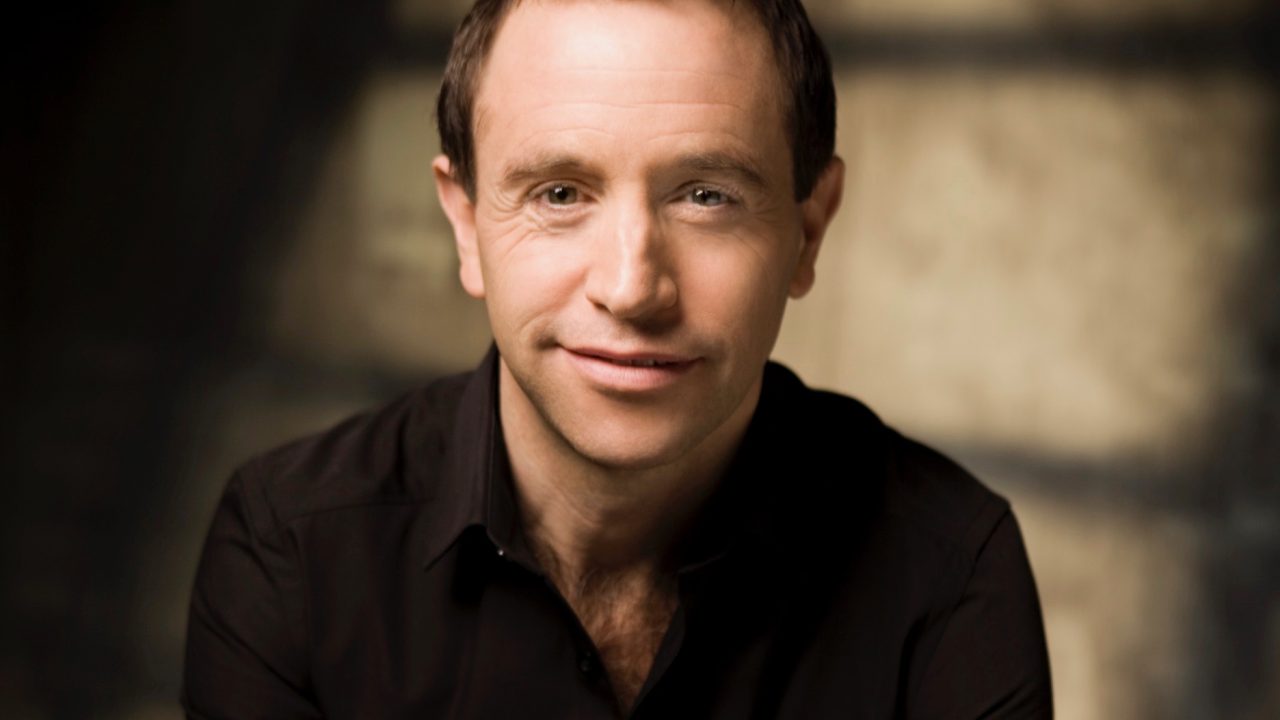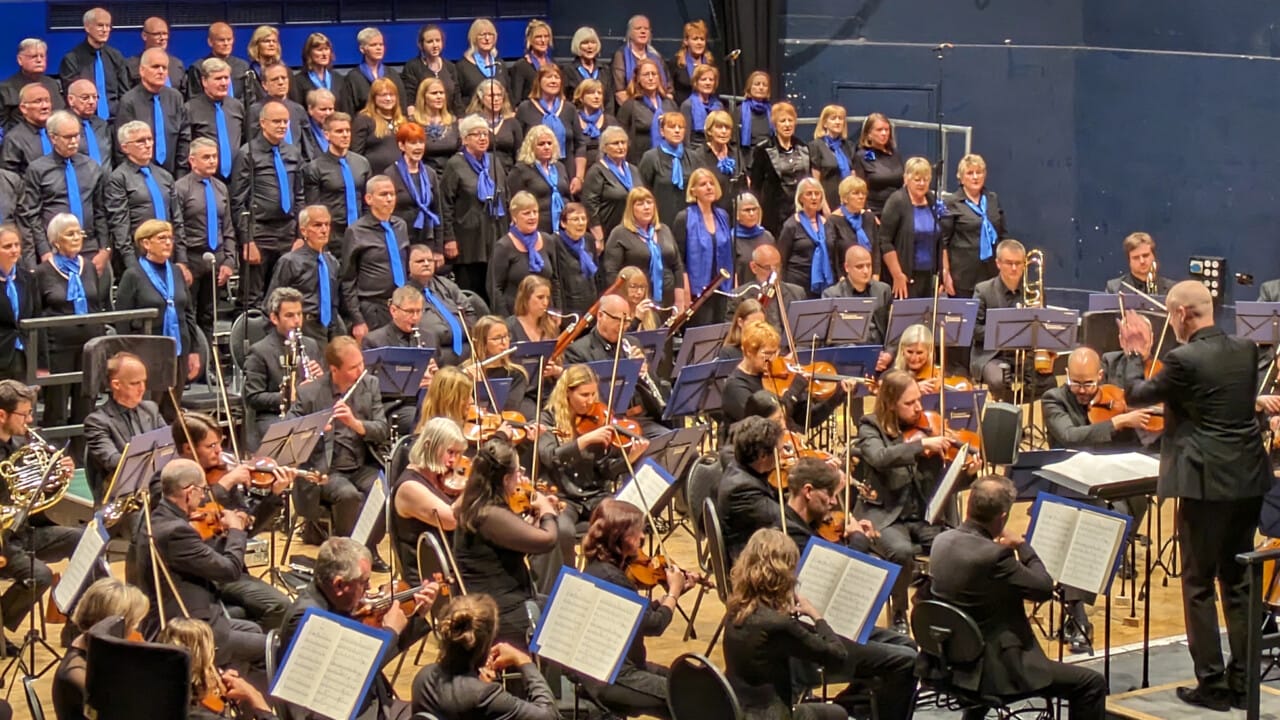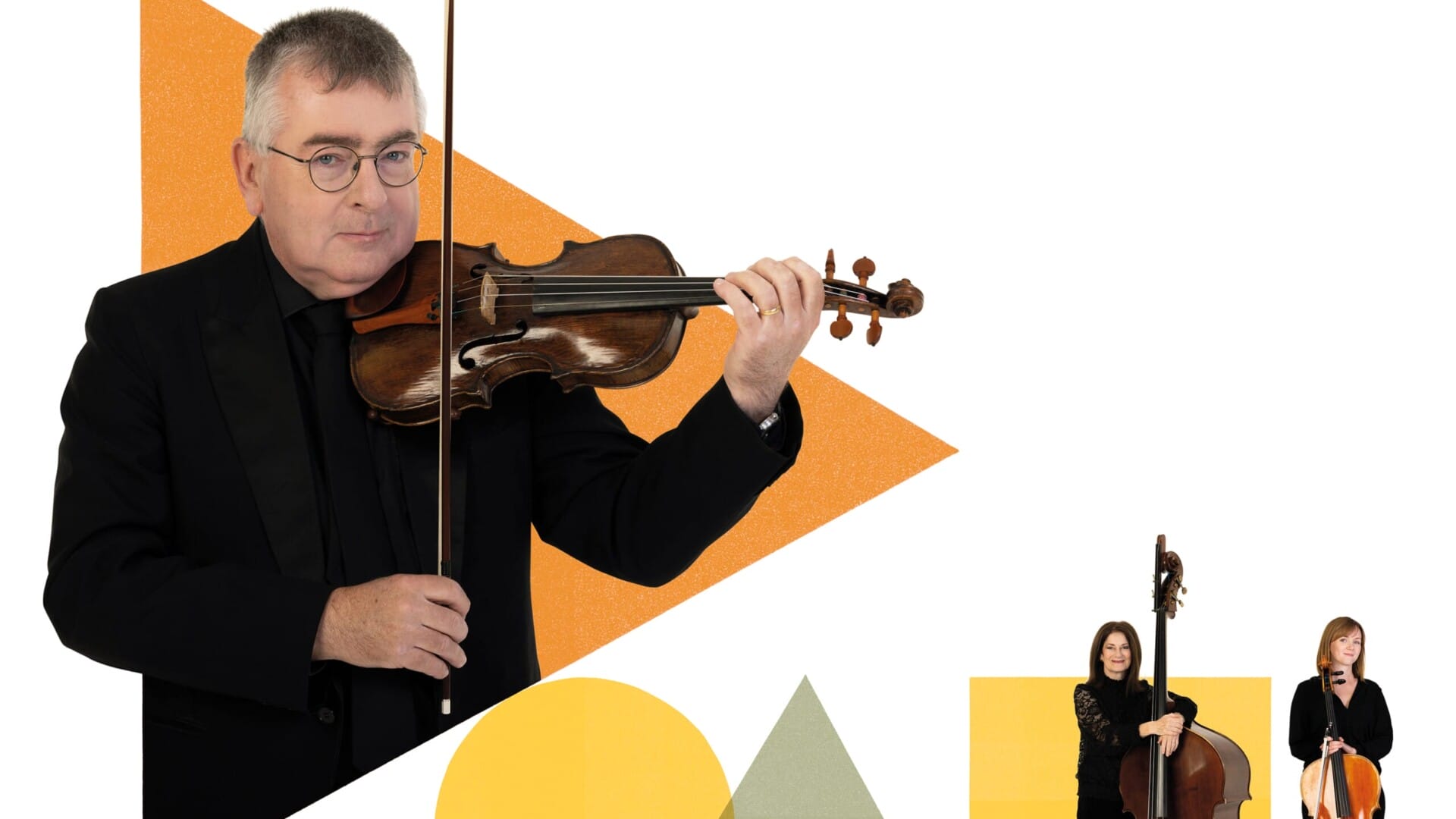Written in the summer of 1919, the Cello Concerto represented, for Elgar, the angst, despair and disillusionment he felt after the Great War, and an introspective look at death and mortality. It signified Elgar’s farewell to the way of life as he had known it. The music is private and poignant but it still remains a richly lyrical and noble work with the solo cello in full focus with its bold statements and heart-rending themes. Taking the late Romantic ideal of transfiguration, summing up a lifetime of musical experience, and taking the orchestral genre to its extreme, Tod und Verklärung portrays a dying man who recalls the great loves of his past. It is an emotional cauldron of sheer magnificence. It seems fitting that Beethoven composed his First Symphony at the dawn of a new century. Despite its homages to the older generation, it is very much a forward-looking work with glimmers of the innovations to come from the great composer.
Works and composers
Gallery
